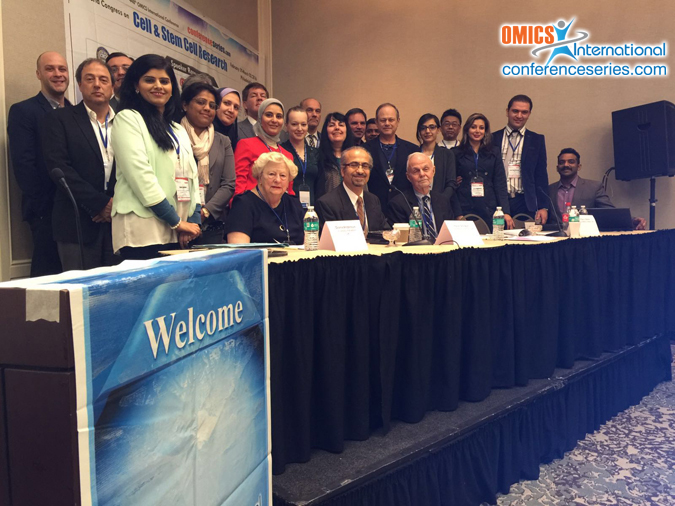
Miguel Garber
Revitacell Clinic, Spain
Title: Endogenous Stem Cell Mobilization for the Treatment of Diabetes
Biography
Biography: Miguel Garber
Abstract
A comprehensive review of the stem cell research literature indicates that bone marrow stem cells (BMSC) constitute the natural repair system of the body and that the number of circulating stem cells appears to be a critical parameter in the effectiveness of stem cell-based tissue repair. On this basis, Endogenous Stem Cell Mobilization (ESCM) emerges as a possible approach to the treatment of a variety of degenerative conditions, including diabetes. BMSC have been shown to have the ability to migrate on their own into the pancreas and to differentiate into functional insulin-producing cells, and mobilization of BMSC has been shown to rescue streptozotocin-induced diabetes in mice. The stem cell mobilizer StemEnhanceTM increased the number of circulating stem cells as well as the number of stem cells that migrated in the pancreas of streptozotocin-treated mice, which significantly increased insulin production and reduced fasting blood glucose. This was confirmed in humans where StemEnhanceTM supplementation for 12 weeks decreased fasting blood glucose and HbA1c levels in type II diabetes patients. A multi-center study is underway to document the effect of plant-based stem cell mobilizers on pre-diabetes. Current evidence suggests that ESCM could be an effective approach to prevent or slow down the development of diabetes, or in certain cases even reverse diabetes.

